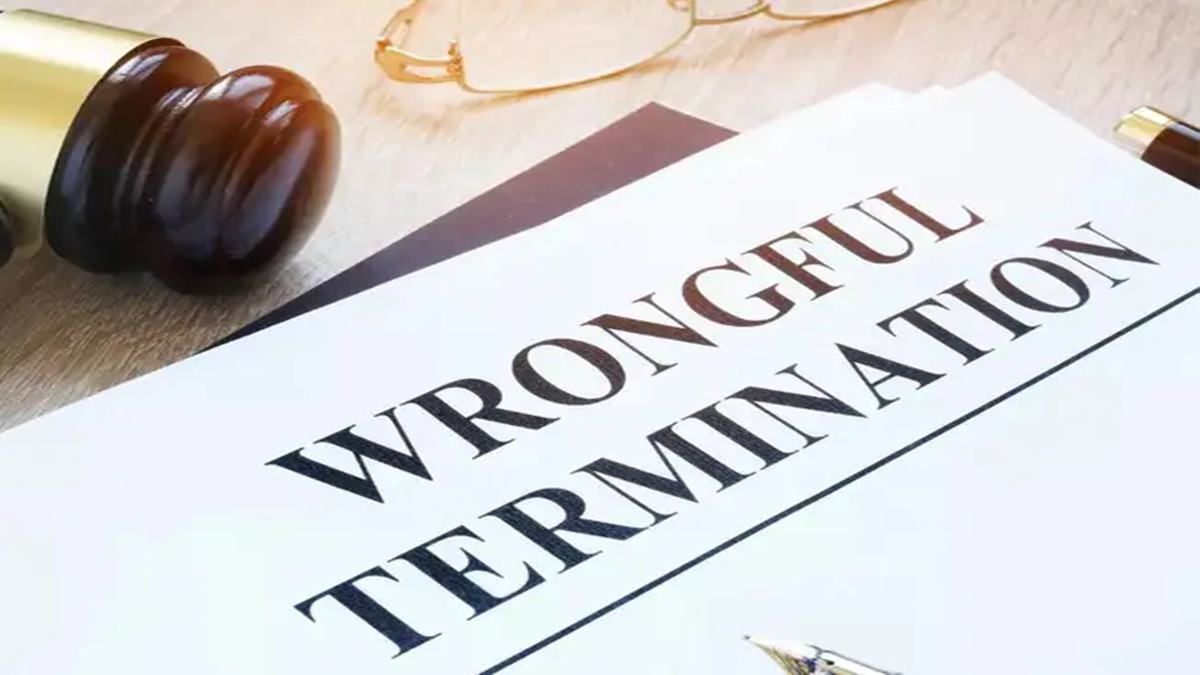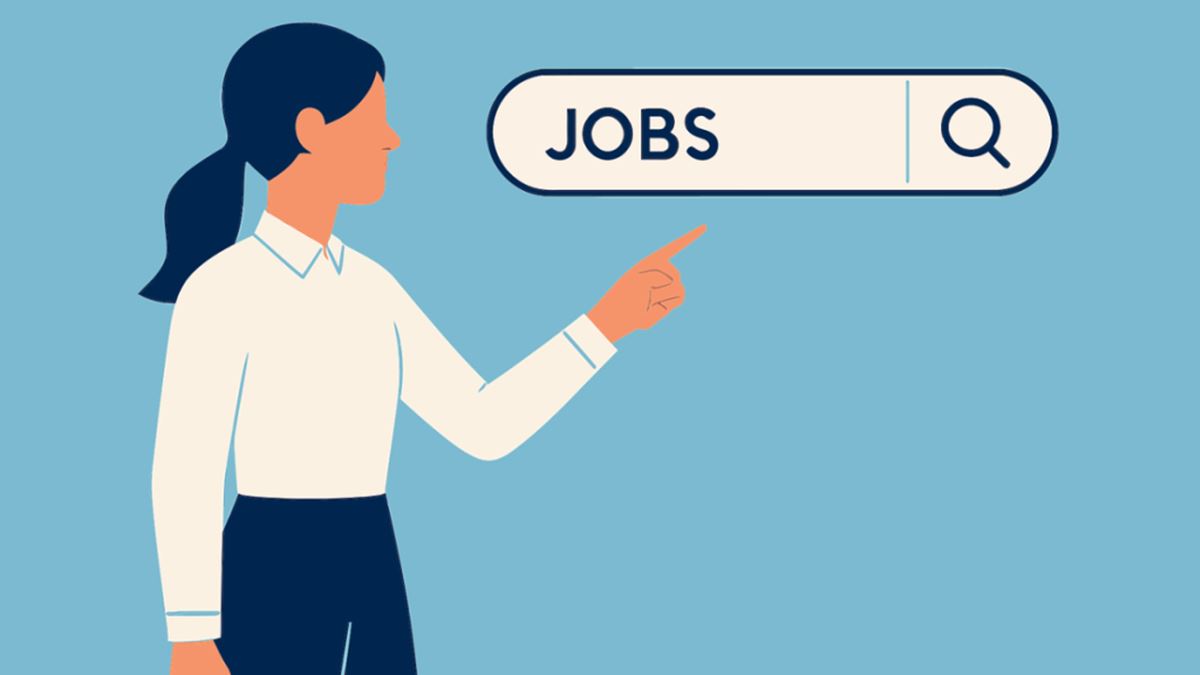The job interview is the most important stage in the hiring process, as it is the moment when the employer decides whether you are the right person for the job. Success in a job interview depends not only on your experiences but also on your preparation and how you present yourself.
In this article, we provide you with a comprehensive guide on how to succeed in a job interview with practical tips that will make you more confident and increase your chances of getting the job.
1. Preparation for the Job Interview
- Research the company: Learn about its history, values, and major projects.
- Read the job description carefully: Understand the required skills.
- Prepare answers for common questions such as:
- “Tell me about yourself”
- “What are your strengths and weaknesses?”
- “Why do you want to work with us?”
The better your preparation, the more confident you will be during the interview.
2. Appearance and First Impressions
- Wear formal or semi-formal attire that suits the nature of the company.
- Pay attention to body language: Sit up straight, smile, and maintain eye contact.
- Arriving on time reflects your respect and professionalism.
3. The Art of Answering Job Interview Questions
- Keep your answers concise and clear.
- Use the STAR technique to answer: Situation – Task – Action – Result.
- Show how your skills can add value to the company.
Example:
“In my last job, I was tasked with increasing sales by 20%. I analyzed customer data, launched a new digital campaign, and the result was a 35% increase within 6 months.”
4. Asking Smart Questions to the Interviewer
- Ask about the work environment and company culture.
- Inquire about development and promotion opportunities.
- Do not ask about salary in the first interview unless it has been discussed.
5. Showing Enthusiasm and Commitment
- Show your enthusiasm for the job and the company.
- Talk about how your career goals align with the company’s vision.
- Make the interviewer feel that you are a serious candidate ready to invest in the future.
6. Dealing with Weaknesses
- If asked about your weaknesses, choose one that does not directly affect the job.
- Explain how you are working to improve it.
Example:
“I used to struggle with time management, but I’ve started using task management tools like Trello and Calendar.”
7. Following Up After the Interview
- Send a thank-you email within 24 hours.
- Express your appreciation for the interview opportunity and reaffirm your interest in the job.
- This reflects professionalism and leaves a positive impression.
Conclusion
Success in a job interview depends on good preparation, professional appearance, communication skills, and smart answers to questions. Remember that the goal of the interview is not only to evaluate you but also an opportunity for you to assess the company and whether it fits you.




















